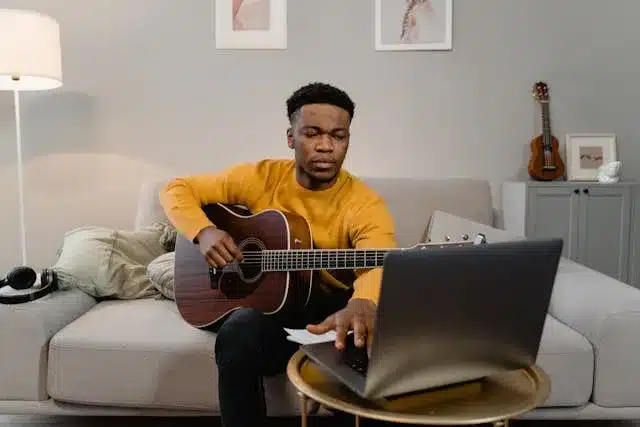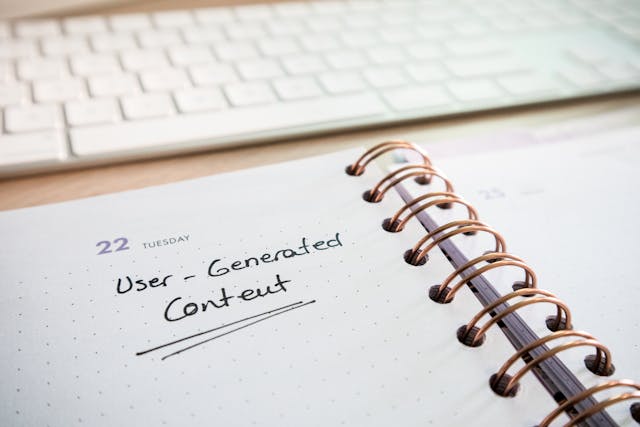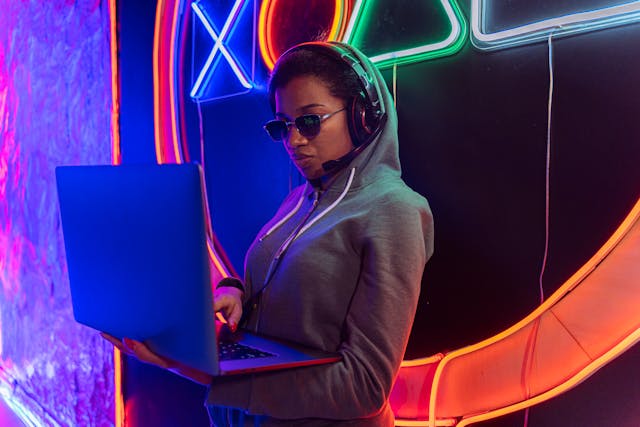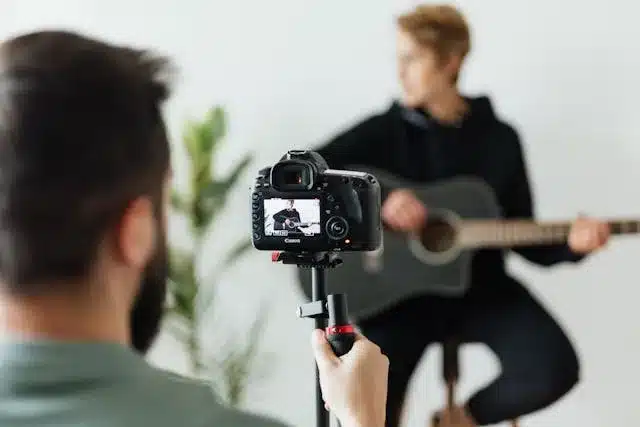Let’s see the reasons for copyright laws for artists online, and why it is necessary to understand them.
Social media platforms have become essential tools for artists to showcase their work, connect with audiences, and build their brands.
However, with the rise of online sharing comes the risk of copyright infringement.
For this reason, copyright laws is important for artists to protect their creative work while navigating the complexities of social media.
Now, you’re about the fundamentals of copyright, its application to artists on social media, and practical steps to safeguard your intellectual property.
What is Copyright?
Copyright is a legal framework that grants creators exclusive rights to their original works, including literary works, music, visual art, films, and more.
When an artist creates an original piece of work, they automatically hold the copyright to that work as soon as it is fixed in a tangible medium, such as a painting on canvas or a digital file on a computer.
Learn more about the basics of copyright from the World Intellectual Property Organization (WIPO).
Key Features of Understanding Copyright Laws for Artists Online
1. Automatic Protection: Copyright protection is automatic upon creation. You do not need to register your work to have copyright protection; however, registration can provide additional legal benefits.
2. Exclusive Rights: Copyright gives the creator exclusive rights to reproduce, distribute, perform, display, and create derivative works based on their original creation.
3. Duration: The duration of copyright protection varies by jurisdiction but generally lasts for the life of the creator plus a certain number of years (usually 70 years in many countries).
4. Limitations: There are limitations to copyright protection. For example, ideas themselves cannot be copyrighted; only the expression of those ideas can be.
Why Understanding Copyright Laws for Artists Online Matters
For artists, copyright is essential for protecting their creative output from unauthorized use. The reason is because content can be easily copied and shared online, so understanding your rights as a creator is paramount.
Protecting Your Work
Copyright ensures that you have control over how your work is used and distributed. This means you can prevent others from using your art without permission or compensation.
I’ve seen digital artists go viral on TikTok only to later discover their art printed on t-shirts sold by companies they never contacted. Knowing the law makes all the difference in how you respond to that.
Without proper knowledge of copyright laws, artists may unknowingly allow their work to be used in ways that do not align with their intentions or financial interests.
Monetizing Your Art
Understanding copyright also enables artists to monetize their work effectively. By licensing your art for use in various media or selling prints and merchandise, you can generate income while maintaining control over how your art is represented.
Learn more about how to license your art at Creative Commons Licensing.
Copyright and Social Media
Social media platforms provide incredible opportunities for artists to reach larger audiences and promote their work. However, these platforms also present unique challenges regarding copyright.
Sharing Your Work Online
When sharing your artwork on social media, consider the following:
1. Terms of Service: Each social media platform has its own terms of service that dictate how user-generated content is handled.
Read Instagram’s Terms of Use here.
For example, when you post on platforms like Instagram or Facebook, you grant them a license to use your content in specific ways (e.g., displaying it on their site). It’s crucial to read and understand these terms before posting your work.
2. Public vs. Private Accounts: If you have a public account, anyone can view and share your content without your permission. Private accounts limit access but do not guarantee that your work won’t be shared outside your circle.
3. Attribution: While sharing your work online can lead to exposure, it’s important to ensure that you receive proper credit when others share or use your art. Always encourage followers and fans to tag you when they share your content.
Risks of Copyright Infringement
Despite taking precautions, artists may still face the risk of copyright infringement on social media:
1. Unauthorized Use: Others may use your artwork without permission or proper attribution. This could include copying images directly from your profile or using them in promotional materials without consent.
2. Derivative Works: Some users may create derivative works based on your art (e.g., fan art) without seeking permission first. While this practice can sometimes lead to positive exposure, it can also infringe on your copyright if done without permission.
3. Misunderstanding Fair Use: Many people mistakenly believe that they can use copyrighted material under the “fair use” doctrine without fully understanding its limitations.
The U.S. Copyright Office has a great explainer on Fair Use.
Fair use allows limited use of copyrighted material without permission for purposes such as criticism, comment, news reporting, teaching, scholarship, or research, but it’s not a blanket exemption.
Steps Artists Can Take to Protect Their Work
To safeguard your creative output while using social media effectively, consider implementing the following strategies:
1. Register Your Copyright:
Register your work at the official U.S. Copyright Office.
2. Use Watermarks:
Watermarking your images can deter unauthorized use by making it clear who owns the rights.
Learn how to create an effective watermark for your artwork with this YouTube tutorial.
3. Educate Your Audience:
Informing your audience about how they can support you as an artist helps foster respect for your work.
Discover strategies to educate your audience about your art from Art Biz Success.
4. Monitor Your Work Online:
Use TinEye or Google Reverse Image Search to find unauthorized uses of your work.
5. Take Action Against Infringement:
If you discover unauthorized use of your artwork:
Send a Cease-and-Desist Letter: A formal letter requesting the infringer stop using your work can often resolve issues amicably.
Contact Platforms Directly: Most social media platforms have procedures for reporting copyright infringement; utilize these resources if necessary.
Report copyright infringement on Instagram using their Copyright Report Form.
Understanding copyright is essential for artists navigating the complexities of social media today. By knowing your rights and implementing protective measures, you can confidently share your creative work while safeguarding it from unauthorized use.
As a digital creator myself, Ive learned that prevention beats reaction every time. Sharing your art is brave, just make sure you’re also smart about it.
Finally, as an artist in a digital world filled with opportunities and challenges alike, staying informed about copyright laws will empower you not only to protect what you’ve created but also to thrive as a creative professional.
READ ALSO:
International Copyright Laws: What Artists Must Know
Copyright Laws for Filmmakers: What You Need to Know
Infringement Of Copyright on Social Media
Strategies for Copyright Audits as an Artist for Online Presence



